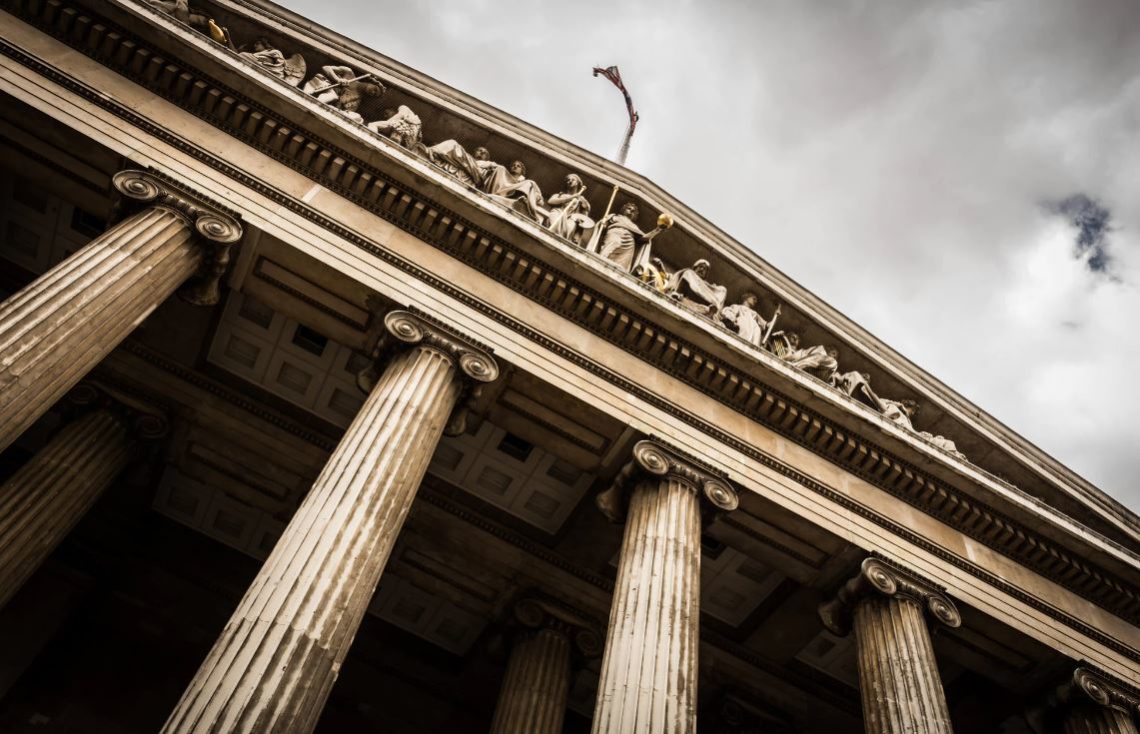
On May 24, 2019, the Fourth Circuit Court of Appeals, reviewing in an en banc rehearing, overruled a twenty-two-year-old decision of the court. In Hurlburt v. Black, No. 17-2449, 2019 WL 2237966 (4th Cir. May 24, 2019), the Court found that the Bankruptcy Code allows a debtor to modify select home mortgage claims. This decision overturned long-standing precedent that prohibited Chapter 13 debtors from modifying a claim secured by a principal residence.
The Fourth Circuit, now aligning with the other courts that have considered the issue, found that a debtor may modify a secured claim even if the property is the debtor’s principal residence, if the last payment on the secured claim is due before the final plan payment.
Facts Presented
In Hurlburt, the debtor owed approximately $131,000 on a claim secured by his principal residence. The note had a 10-year term with a final balloon payment due in May 2014. After the loan matured, the debtor filed a Chapter 13 bankruptcy case and proposed to satisfy the secured claim in full by paying the appraised valued of the home in the approximate amount of $47,000. The Chapter 13 plan proposed to treat the balance of the claim as an unsecured claim. After failing to successfully challenge the long-standing precedent in the Circuit, the debtor requested a review by all of the judges in the Fourth Circuit. Upon reviewing, the judges reversed the earlier decisions in an 11-3 decision.
Analysis
Typically, a debtor is prohibited from modifying the terms of a claim secured by a principal residence pursuant to 11 U.S.C. 1322(b)(2). However, the dispute presented here hinged on a specific exception to the anti-modification provision found in Section 1322(c)(2). Section 1322(c)(2) states that, “notwithstanding subsection (b)(2),” if the last payment on a mortgage claim is due before the final plan payment is due, “the plan may provide for the payment of the claim as modified pursuant to Section 1325(a)(5).” Previously, the Court found that 1322(c)(2) only allowed debtors to modify the rights of short-term mortgage claims by repaying the full secured claim over the duration of the plan. However, in this decision, the Court reversed the prior holding, finding that the statute allows modification of the entire claim and not just the payment schedule.
More specifically, the Court found that 1322(c)(2) provides a statutory exception to the anti-modification provision and permits Chapter 13 debtors to bifurcate under-secured, short-term home mortgages that matured prior to completion of the plan, essentially allowing the debtor to “cramdown” the loan in the Chapter 13 plan. This means that any loan that is set to mature while the debtor is in an active Chapter 13 plan, is subject to cram down provisions.
The dissenting opinion discusses the larger impact stating that the decision essentially overrules the Supreme Court’s holding in Nobelman v. American Savings Bank and will “lead to mischief in bankruptcy courts.” Since the debtors have some measure of control over whether their mortgage will qualify as a short-term one, the ruling could lead to calculated filings to cram down loans to avoid paying the full amount owed. Since this decision reinforces a trend within the circuits, secured lenders should risk assess current loans and consider this when reviewing their underwriting and approval processes.
Impact
The silver lining is the ramification of the Hurlburt decision is not likely to be far reaching to most loans. Servicers, investors, and lenders should consider the tenants of Hurlburt when originating or modifying loans that could fall victim to a cram down. While the facts in Hurlburt are the proverbial “perfect storm” of conditions, it is possible that if the economy falters and property values deflate that there could be an increase in these types of filings. Depressed home values coupled with aging loans that that contain balloon or end of term lump sum payment, could fall victim to a cram down similar to Hurlburt. Additionally, loan modifications that do not seek to alter the maturity date of an aged loan could be problematic as well.
Erin M. McCartney | ZBS Law, LLP
Managing Bankruptcy Attorney
(714) 848-7920 Ext. 392
emccartney@zbslaw.com
Joseph J. Tirello, Jr. | ZBS Law, LLP
Bankruptcy Attorney
(602) 282-6188 Ext. 204
jtirello@zbslaw.com


